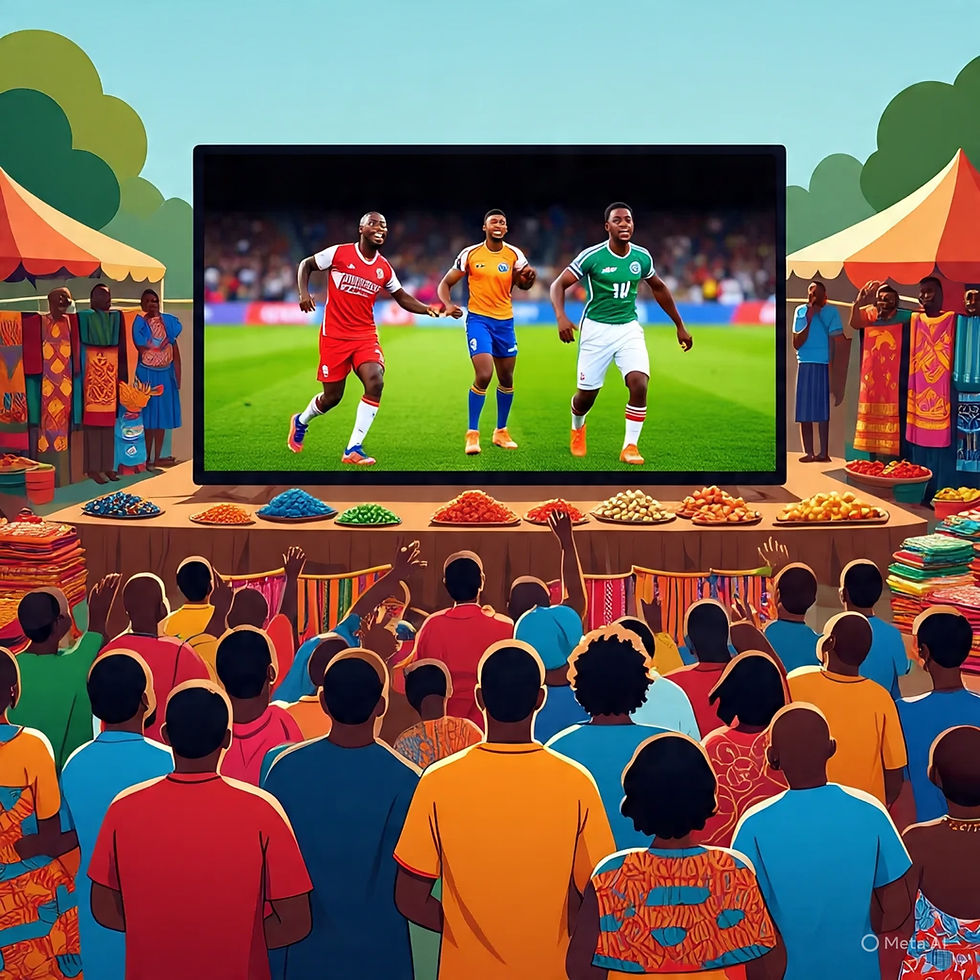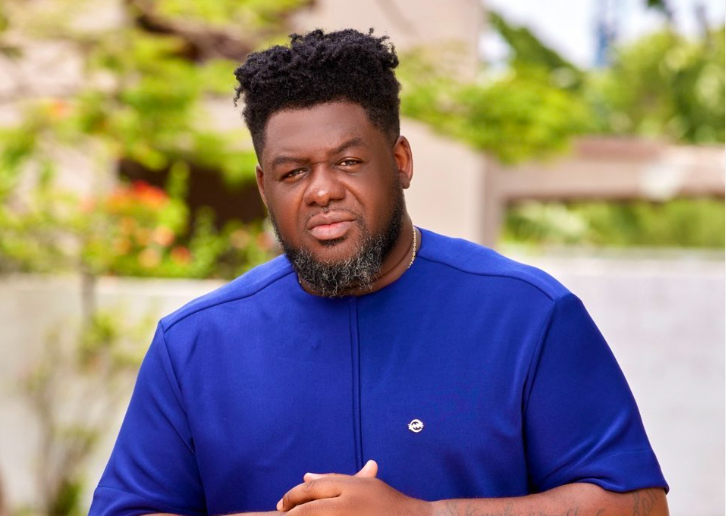The Thomas Partey Case: Unpacking Its Impact on Black Footballers
- orpmarketing
- Jul 5, 2025
- 5 min read

On July 4, 2025, the football world was shaken when former Arsenal midfielder Thomas Partey was charged with five counts of rape and one count of sexual assault, in incidents allegedly taking place between 2021 and 2022. When the Crown Prosecution Service told the world of these charges, it was not only for the seriousness of the offenses but also for the questions that have emerged concerning the handling of such allegations, especially for Black footballers in the Premier League. These things aren't about Partey or Arsenal alone. It's the systemic biases, power plays, and those conversations that hardly ever seem to permeate the airwaves. Let's unpack the case, what it means broadly, and the terms it leaves out.
What We Know About the Case
Thomas Partey, 32 years old and a Ghanaian international, has been put under charge concerning allegations from three women between 2021 and 2022. The Metropolitan Police commenced their investigation way back in February 2022 under a rape report, leading to Partey's arrest in July of the same year. UK privacy laws kept Partey's identity in the dark until now that last week the charges were dropped. Partey is scheduled to appear in Westminster Magistrates' Court on August 5, 2025. Partey's lawyer, Jenny Wiltshire, proclaims her client denies all the charges and is eager to clear his name. Arsenal, the club that Partiey had played for until his contract expired on June 30, 2025, has remained silent, caveating their standing only to the existence of a legal matter.
But he's got a past, too, dappled with such allegations. In 2022, a woman purporting to be his former girlfriend posted on X, accusing him of rape during a trip to Ibiza. She supposedly leaked screenshots of their conversations, where Partey appeared not to deny the accusations. That case fell short of charges, partly due to jurisdictional hurdles in Spain, but exploded into fiery debates on the Internet. Some fans came to Partey's defense, claiming the lack of charges should have cleared him. Others, along with organizations such as Arsenal Supporters Against Sexual Violence, condemned Arsenal for allowing him to keep playing through three years of investigation, accusing the club of placing a value on talent above accountability.
The Bigger Picture: Black Footballers Under Scrutiny
When viewed with some distance, Partey actually fits within a grim global landscape. Black footballers like Benjamin Mendy, Mason Greenwood, and now Partey have faced highly publicized allegations, all the while receiving the kind of media and public scrutiny which is almost never issued in cases involving white players. We seldom hear this view: race goes into shaping many of these narratives in a way that we cannot truly ignore. Black athletes are often subjected to greater stigma; their lives are far more scrutinized than those of their white counterparts. After a torturous legal battle, Mendy was acquitted on most charges, so much so that his career was completely butchered. Then comes Greenwood, when his reputation was wrecked and his prospects thenceforth plummeted-even as technically he had been cleared by the court. Are Black footballers being judged more harshly by the public and the law?
There seemed to be a split on X. Some users called out double standards in the Premier League, citing white players such as Cristiano Ronaldo, who faced allegations in 2009, yet little was ever done to damage his career. Others are saying that it is fame that puts the players under the spotlight and that any famous player will receive this level of scrutiny irrespective of his race. There's some truth to both views, but the racial angle is hard to dismiss. A 2023 study from the University of Leicester found that Black athletes are more likely to be stereotyped as troublemakers in media coverage, even where the evidence is tenuous. This frame persists and as we will see compounds the fallout for someone like Partey.
Unheard Perspectives
Let’s dig into what’s being overlooked. First thing is the power dynamic between the clubs and players. Arsenal's choice to keep Partey on the pitch was never really a question of innocent until proven guilty. This goes to money and brand and pure pressure to win. Clubs such as Arsenal rely heavily on star performers to get results while benching a player like Partey, who is pretty much the linchpin of the midfield, risks instant backlash from fans and lost points at the same time. It's a victory of sport over justice, an unmistakable message that allegations of a serious nature are something that can be put down for the time being. This is a tricky situation for Black players though. They would be held to even higher standards to prove themselves worthy of their place in this sport, where racial prejudices linger both in the boardrooms as well as among fan bases.
Another angle is the cultural ripple effect. Football is a global stage, and for African players like Partey, it is a way to put their country in the limelight. Ghanaian fans seem quite torn on X, the pride on Partey's achievements battling with the dismay over the allegations. However, much wider is the issue - a case like this can bolster stereotypes about African athletes, branding them as risky or volatile for scouts and clubs. A 2024 Kick It Out report pinpointed an increased level of discriminatory hiring practices in European football, with some clubs reluctant to sign African players at the thought of cultural risks. That is, an ulterior but rather severe consequence.
Then there is the tug-of-war between justice and optics. The slow grind of the UK legal system, some three years from reporting to charges, is opening a vacuum where speculation wells up. On X, some say this delay safeguards players' rights; others cry it lets clubs off hard decisions. Hell of a work-around, while victims, players, and fans are left hanging. That limbo is graver for Black footballers since racial undertones mostly stain public judgments markedly hard. Would it be possible to balance due process against accountability without letting race tip the scales?
Moving Forward
This Partey case hurts, but it's a call for a reevaluation of how football deals with such allegations. There ought to be a clearer protocol for clubs, not only for legal reasons but to protect everyone involved-from victims to players and even to fans. Besides, we need to call out how the media leans into stereotypes. And, of course, it takes fans working alongside. Groups such as Arsenal Supporters Against Sexual Violence are fighting for change, but they need to be joined by all of us. We all need to stand for a fair sport, both on and off the pitch.
What do you say to that? Let me know in the comments or share this post to keep the discussion going.




Comments